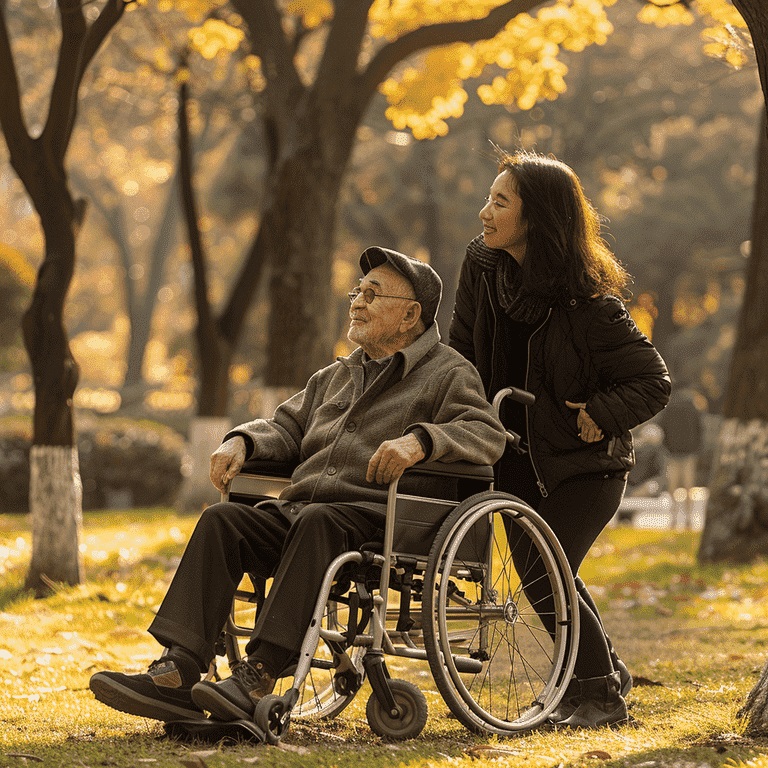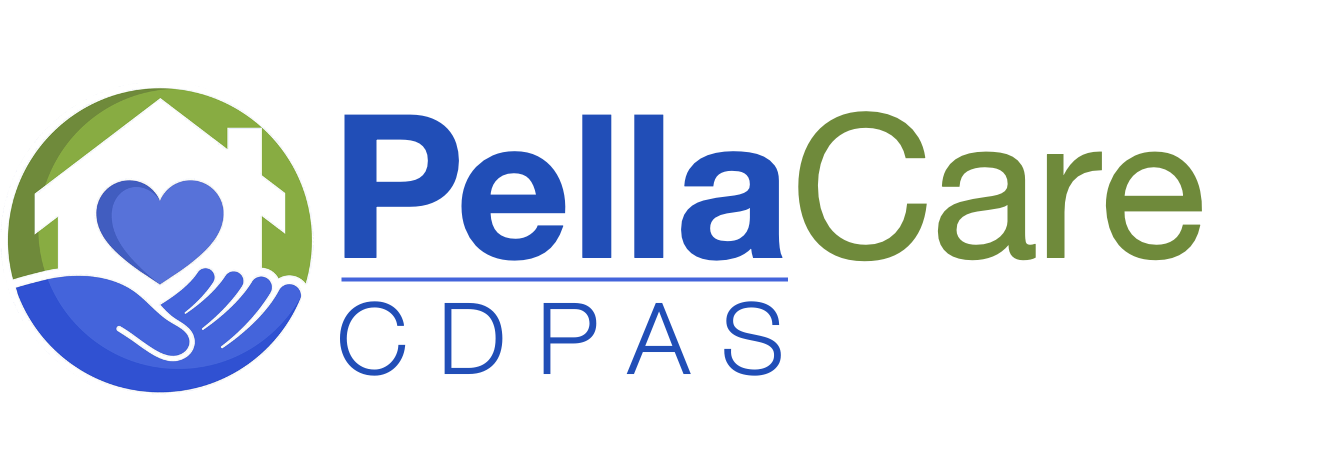
Understanding the journey to becoming a compensated caregiver.
How to Get Paid to Take Care of a Family Member with a Disability in New York State
Caring for a family member with a disability takes dedication and compassion, but it can also strain a caregiver’s finances. Fortunately, several programs and resources support those who take on this vital role. This guide explores how you can get paid for caring for your disabled loved ones in New York State through the Consumer Directed Personal Assistance Program (CDPAP), ensuring you have the support you need.
Understanding Eligibility for Compensation
Before exploring specific programs, it’s essential to understand the general criteria for compensation as a caregiver. These criteria include the type of disability, your relationship with the family member, and legal requirements.
Definition of Qualifying Disabilities
Qualifying disabilities generally include physical and mental impairments that significantly limit major life activities, such as:
- Chronic illnesses like multiple sclerosis or heart disease
- Severe physical disabilities requiring assistance with daily activities
- Cognitive impairments such as dementia or traumatic brain injuries
Criteria for Caregivers
To get paid for caregiving, you must meet specific requirements:
- Legal and Age Requirements: Must be a legal adult (over 18) and a legal resident or citizen of the country.
- Relationship to the Care Recipient: Often restricted to immediate family members like spouses, parents, or children of the disabled individual
Necessary Documentation and Medical Certification
To apply for CDPAP, you will need:
- Medical Documentation: Proof of the family member’s disability from a certified medical professional
- Proof of Relationship: Documentation verifying your relationship to the care recipient, such as birth certificates or marriage licenses
- Application Forms: Completed application forms specific to the program

Exploring state-specific programs and benefits across New York State.
Exploring State-Specific Programs: CDPAP
New York State offers the Consumer Directed Personal Assistance Program (CDPAP), allowing family members to be compensated for providing care.
How to Apply for CDPAP
- Check Eligibility: Ensure both you and your family member meet New York State’s Medicaid eligibility criteria.
- Contact Pella Care: Reach out to Pella Care CDPAS, which specializes in CDPAP, to guide you through the enrollment process.
- Plan Approval: Submit a care plan detailing the services you will provide and the compensation you will receive for approval.
Managing the Budget and Expenses
- Allocate Funds: Determine how the Medicaid funds will be distributed for services.
- Record Keeping: Maintain detailed records of care provided and expenses incurred.
- Regular Reviews: Your care plan may be reviewed periodically to ensure it meets the recipient’s needs.
Community and Nonprofit Resources
Local communities and nonprofit organizations often provide additional support for caregivers. These resources can be vital in accessing both emotional and practical help.
Local Nonprofits Offering Caregiver Support
Nonprofit organizations often have programs to help caregivers manage their responsibilities and get compensation.
- Services and Programs Available:
- Respite Care: Temporary relief services to give caregivers a break.
- Training Programs: Education on caregiving skills and managing specific disabilities.
- Support Groups: Opportunities to connect with other caregivers and share experiences and advice.
How to Connect with Local Organizations
- Search Online: Use websites like the National Alliance for Caregiving to find organizations in your area.
- Visit Local Community Centers: Many community centers have information about local nonprofits.
- Ask Healthcare Providers: Doctors and social workers can recommend reputable local resources.
Legal Considerations for Caregivers
Understanding the legal aspects of caregiving is vital to ensure protection and support for you and your family.
Establishing Legal Guardianship
If you need to make legal or medical decisions for your loved one, you may need to establish guardianship.
- Process and Legal Requirements:
- Petition for Guardianship: File a petition in your local court.
- Court Evaluation: The court will assess the necessity of guardianship based on medical and other expert evaluations.
- Legal Appointment: If approved, you’ll be officially appointed as a guardian.

Discovering the supportive impact of Veterans Affairs benefits for families.
Financial Planning and Legal Advice
Proper financial planning can protect your loved one’s assets and ensure they receive care without financial difficulties.
- Importance of Estate and Trust Planning: Ensures assets are used for the care recipient’s benefit and helps plan for long-term care needs.
- Finding and Working with a Specialized Attorney: Look for an attorney specializing in elder law or disability rights. Many offer initial consultations to discuss your situation.
Caring for a disabled family member is a significant commitment that requires both emotional and physical stamina, as well as a good grasp of the complex financial and legal details. By utilizing programs like CDPAP and accessing community resources, you can receive the support needed to manage this critical job. Remember, you are not alone in this journey. Many resources and communities are here to help you at every step.
Are you a New York State resident? Are you interested in caring for your elderly loved one and getting compensated? At Pella Care, we specialize in helping families like yours. Call us at 718-908-2273 (or 718-908-CARE) today to learn more about how you can become a paid caregiver. Our team is here to guide you through the process and help you access the benefits you deserve. Don’t wait—reach out now to make a difference in your loved one’s life and yours!

Recent Comments